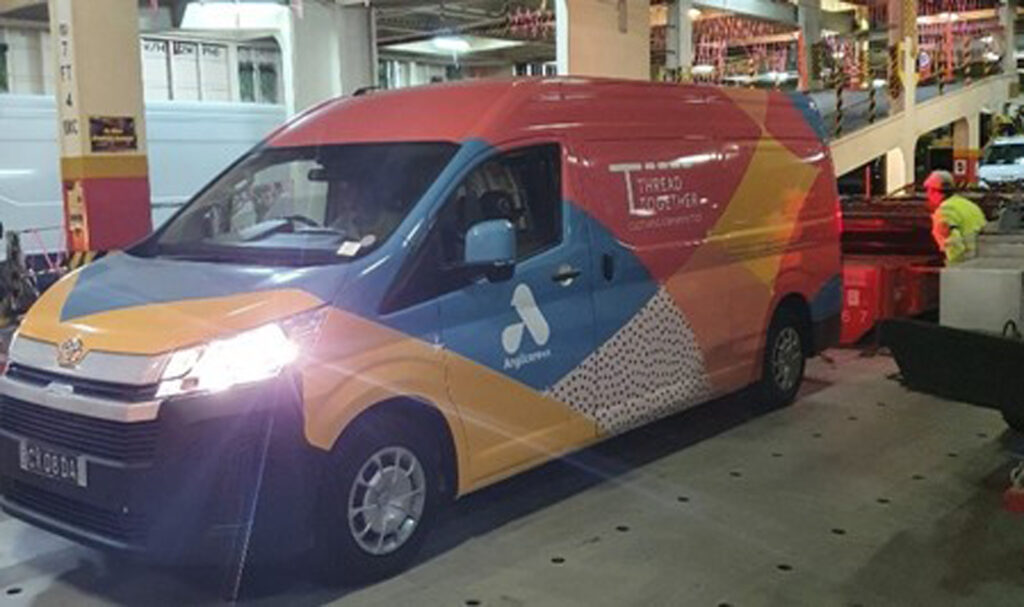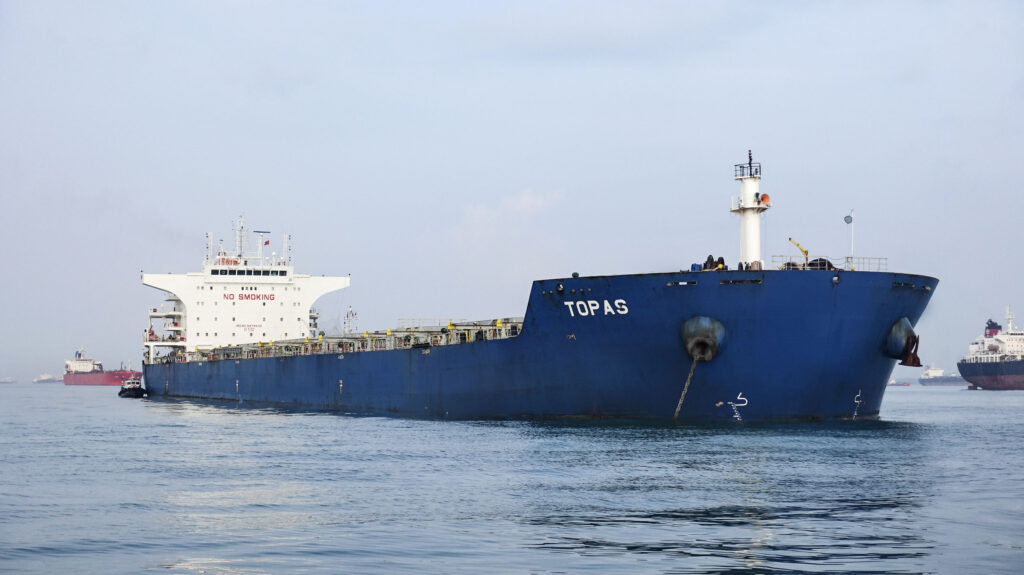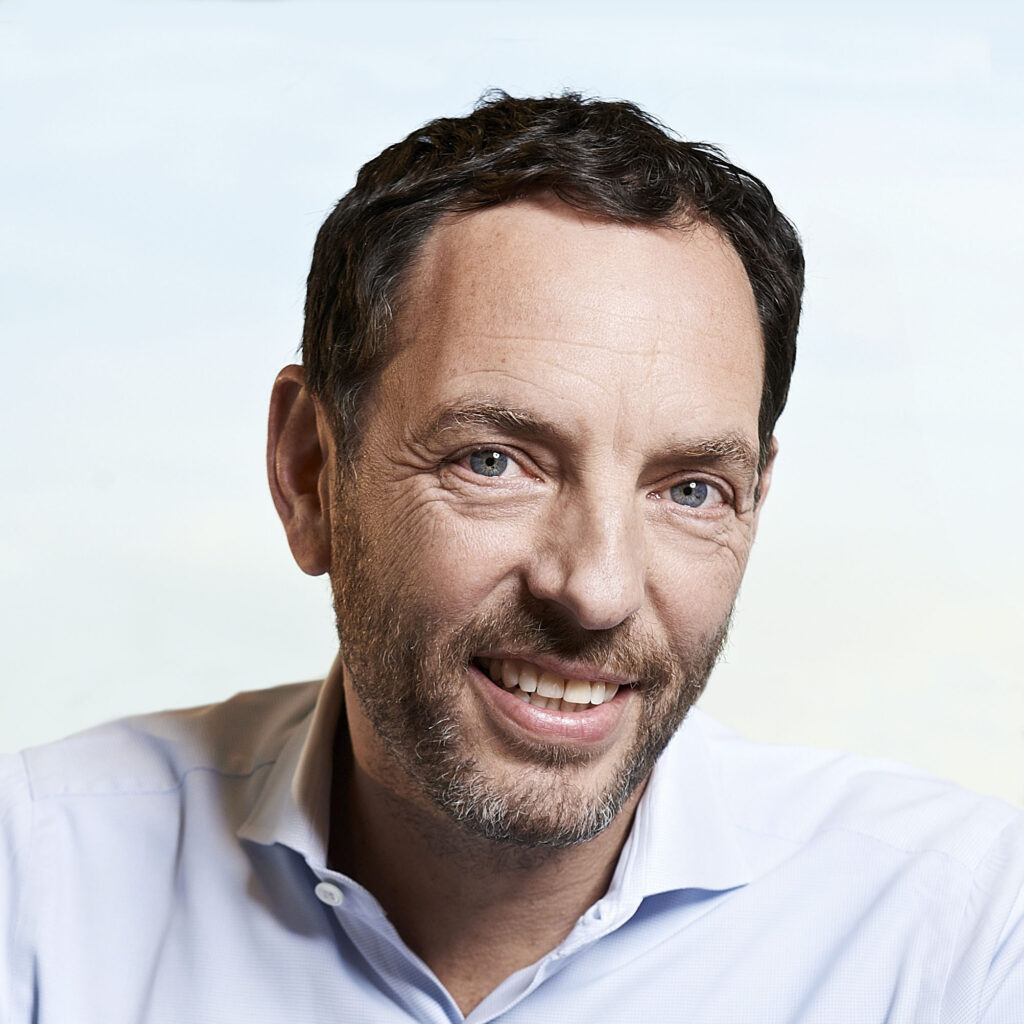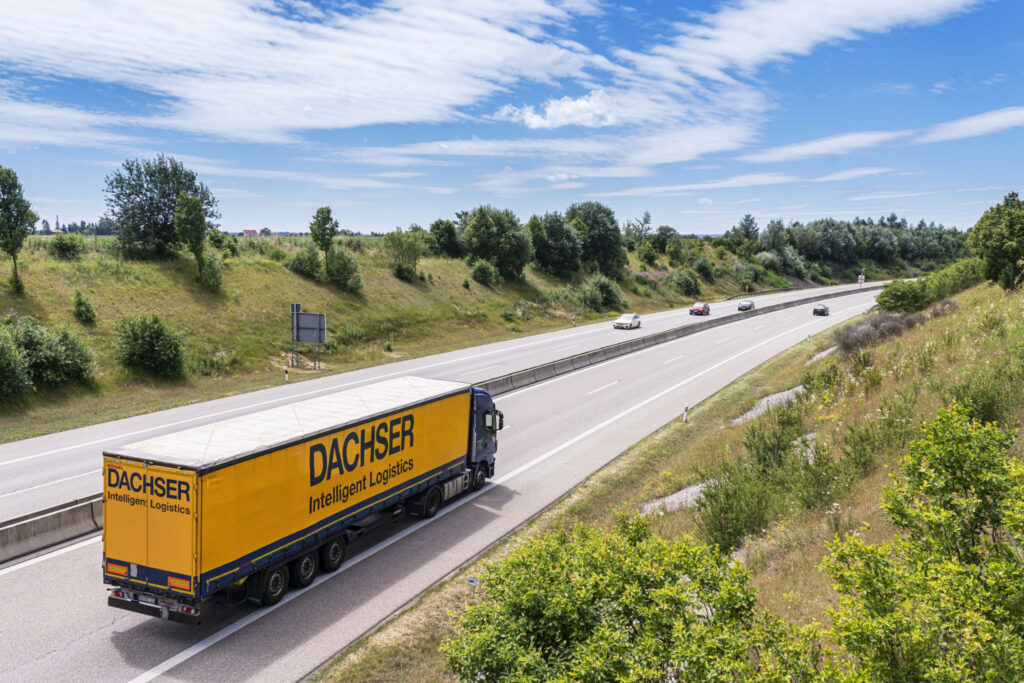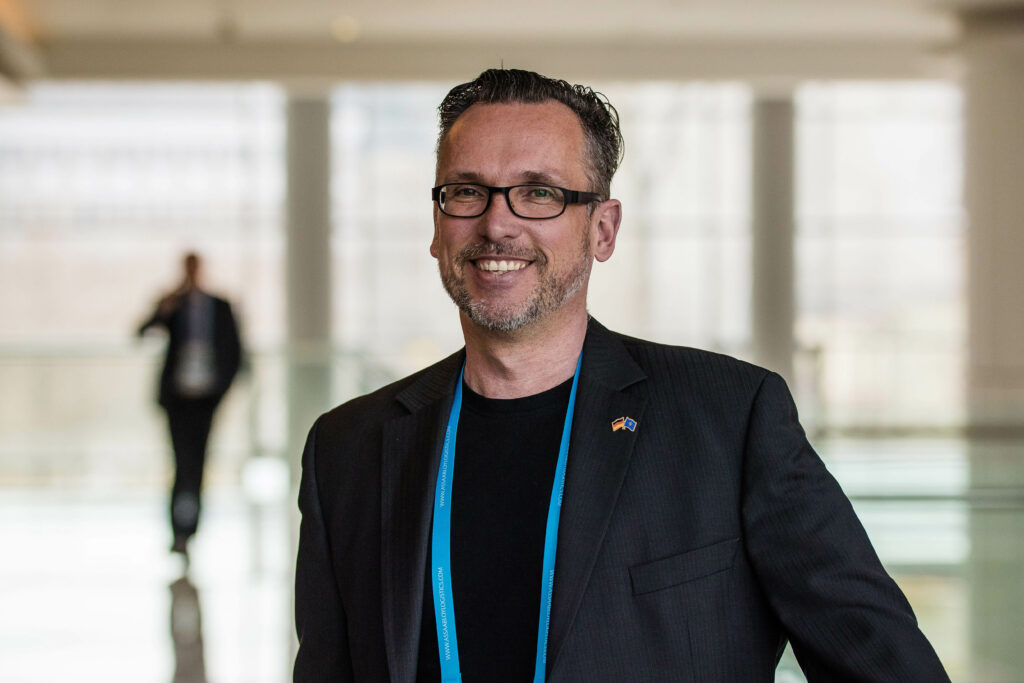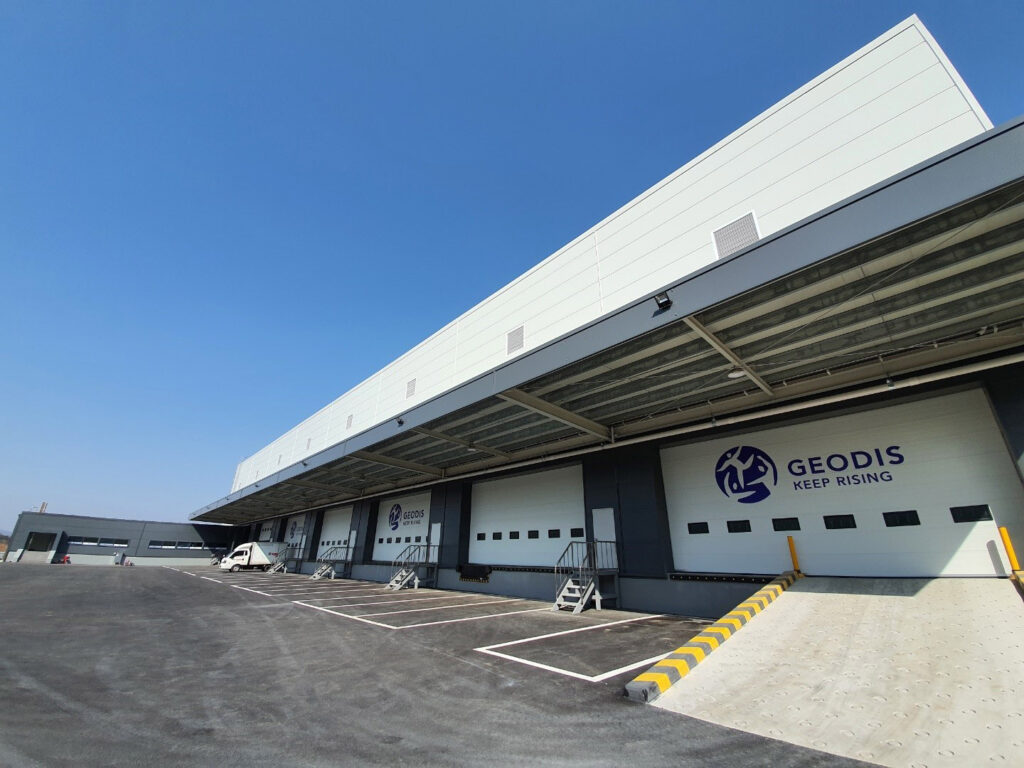~ Ensuring safe operation through an organization culture that values openness ~
Kawasaki Kisen Kaisha, Ltd. (“K” LINE) has decided to introduce the “K”ARE programme (Note 1) on a full scale utilizing Norway based SAYFR’s (Note 2) insight and gamified learning apps.
In order to achieve safe operation and to continuously improve service quality, “K” LINE believes that a combination of technical and non-technical skills (Note 3) is important. Technical skills refer to professional marine and technical knowledge/skills whereas non-technical skills are about improving communication and collaboration through respect and care for each other.
Through the “K”ARE programme, everyone in the “K” LINE group both onboard and ashore will share its societal mission and values, and develop a truly open culture where each individual can naturally demonstrate leadership regardless of title or background.
By maturing its organizational culture, the group will foster a sense of unity and through continuous efforts to preserve the environment, will deliver safe, high quality and sustainable transportation service that will contribute to society.
(Note 1) “K”ARE programme: https://klinelnguk.com/continuous-improvement/
The programme initiated by group subsidiary “K” Line LNG Shipping (UK) Limited in 2015 with the objective of improving service quality through maturing its safety culture. Now recognizing the validity of this initiative, “K” LINE has decided to roll out this programme on a group-wide basis.
(Note 2) SAYFR: https://sayfr.com
A Norway based consulting/SaaS(Software as a Service) company with a unique mix of data (approx. 10 million data points from 200,000 employees working in global organizations) and digital tools such as gamification and simulation learning apps, SAYFR helps its customers shape culture at scale – a culture that turn failures into something that benefits everyone.
(Note 3) Non-technical Skills
Non-Technical Skills are social and interpersonal skills such as communication, teamwork, leadership, situation awareness and decision-making skills.
Learning non-technical skills deeply through the case which can happen on the ship as a part of “K”ARE programme by utilization of gamified educational application in smart phone and tablet.







